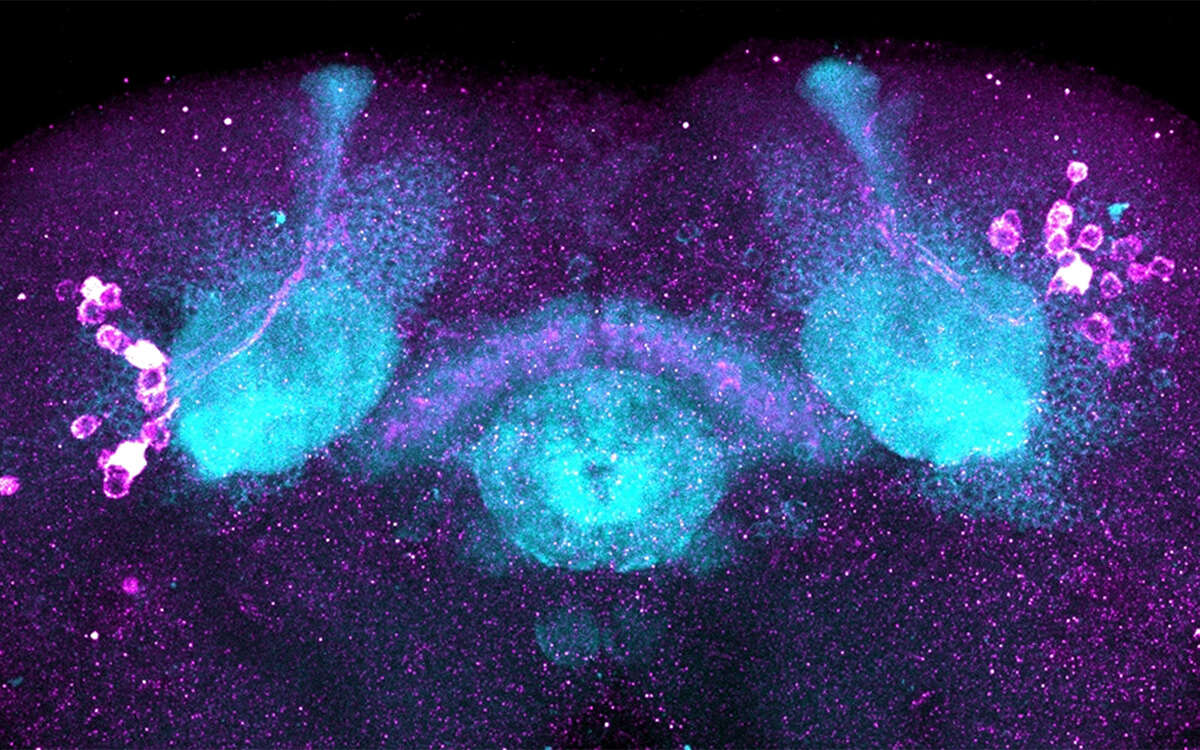Main Content
How the brain controls sleep
Our research group investigates the cellular and molecular basis of sleep
Sleep is essential, yet its function remains one of biology’s biggest mysteries. A short or poor night of sleep is usually followed by longer and/or deeper periods of sleep. The existence of such a compensatory mechanism suggests that our brain can monitor the amount of waking time and trigger corrective action if needed. Uncovering the neuronal processes that keep track of the time we spend awake may be key to understanding the function of sleep, and to develop novel targets for the diagnosis and treatment of sleep disorders.
What makes us go to sleep?
The primary goal of our research is to elucidate how the build-up of sleep need is reflected in molecular changes that ultimately promote sleep. To achieve this goal, we investigate wake-dependent fluctuations in different types of molecular processes and ask how they modulate the activity of neuronal sleep-wake regulatory circuits. Starting by studying sleep drive, we aim to uncover general mechanisms that the brain uses to keep track of, and to satisfy essential needs.
To address these questions, we focus on the regulation of sleep in the fruit fly. Its small brain and rich genetic toolbox offer unparalleled means to identify, visualise and manipulate molecular pathways and neuronal activity at the level of single neurons. We combine genetics, electrophysiology, functional imaging, thermo- and optogenetics with quantitative behavioural approaches to gain a mechanistic understanding of how sleep drive is encoded in the brain.
Towards a better understanding of sleep disorders
Uncovering the processes that keep track of our need to sleep will not only inform us about how sleep drive is encoded in the brain, but also provide important insights into functional changes underlying sleep impairments and disorders




